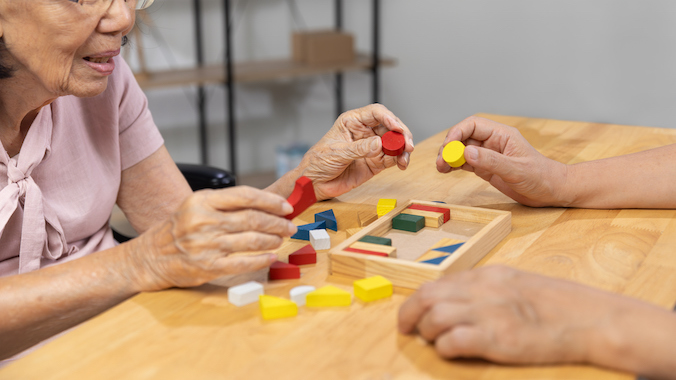Reading time: < 1 minute
Researchers at the University of Hawaiʻi at Mānoa have discovered something important about the brain health of older adults. They looked at how work, volunteering, and fun activities impact cognitive function, especially considering a genetic risk for Alzheimer’s disease. This research shows that staying active can help keep our minds sharp as we age.
Led by Yeonjung Jane Lee, an assistant professor of social work, the findings were published in the Journal of Alzheimer’s Disease Reports. The team analyzed data from over 7,600 people participating in the Health and Retirement Study, focusing on the apolipoprotein E (APOE) ε4 allele, a genetic marker linked to Alzheimer’s.
Key findings:
- Work, volunteering, and activities like word games and socializing lead to better brain health.
- The benefits vary based on genetics. Those without the APOE ε4 allele benefited most from part-time work and intense volunteering.
- Even with the APOE ε4 allele, engaging in mentally stimulating activities can improve cognitive health.
“These findings highlight how integrating stimulating activities into daily life can help older adults thrive,” Lee said. The research points to the need for accessible activities, particularly for diverse communities, to combat Alzheimer’s disease and other forms of dementia.
This study received support from the Kuakini Center of Biomedical Research Excellence-Center for Translational Research on Aging, led by Bradley Willcox, a geriatric medicine expert at the John A. Burns School of Medicine.
Source link
uh manoa,thompson school of social work and public health,yeonjung jane lee,journal of alzheimer’s disease reports,cognitive health,alzheimer’s disease,apoe gene,older adults,brain health,health and retirement study,kuakini center of biomedical research excellence,bradley willcox,aging research,volunteering and cognition,productive activities,dementia prevention,manoa research,publication,aging,center on aging,social work,thompson school of social work & public health





















